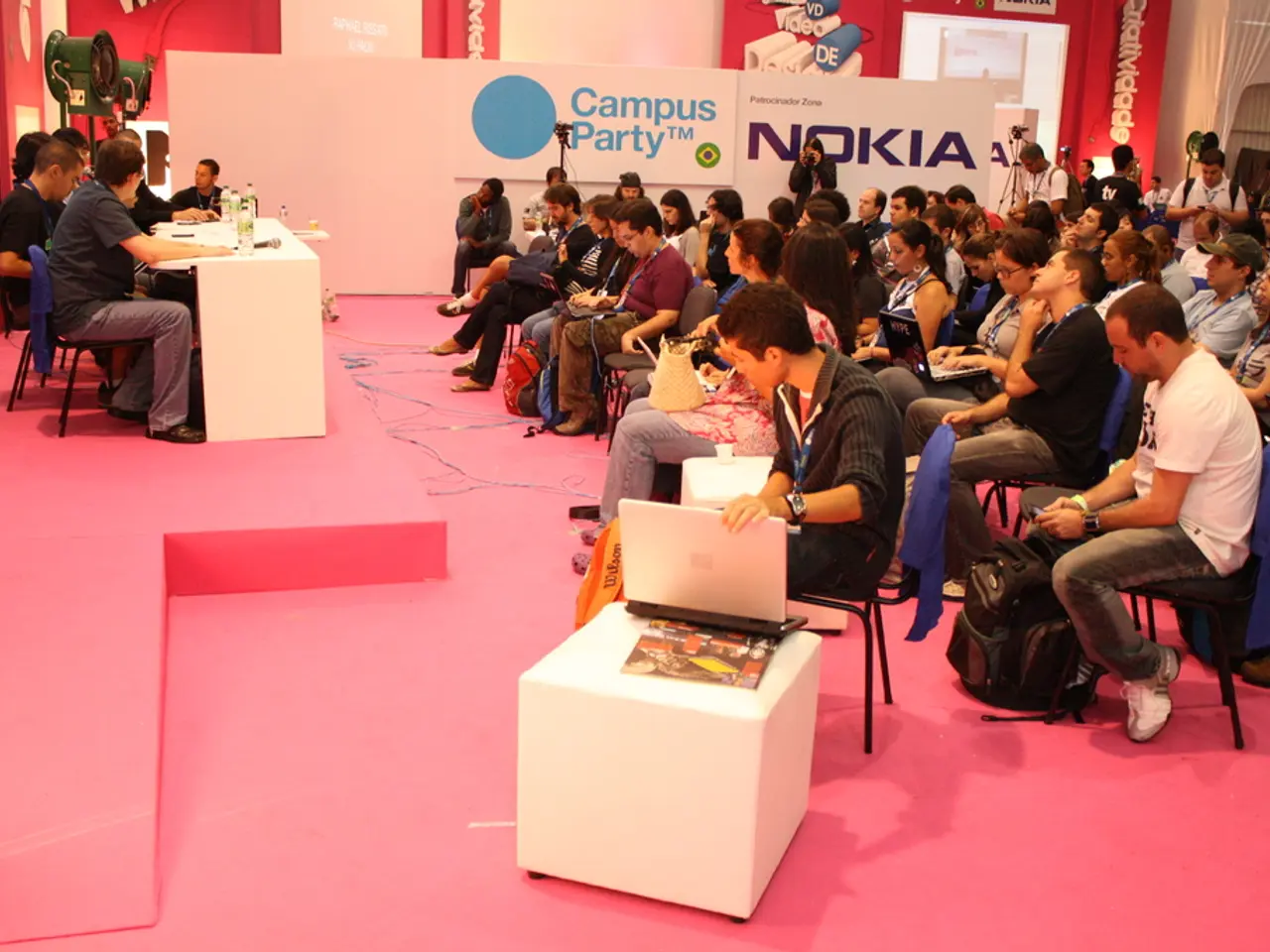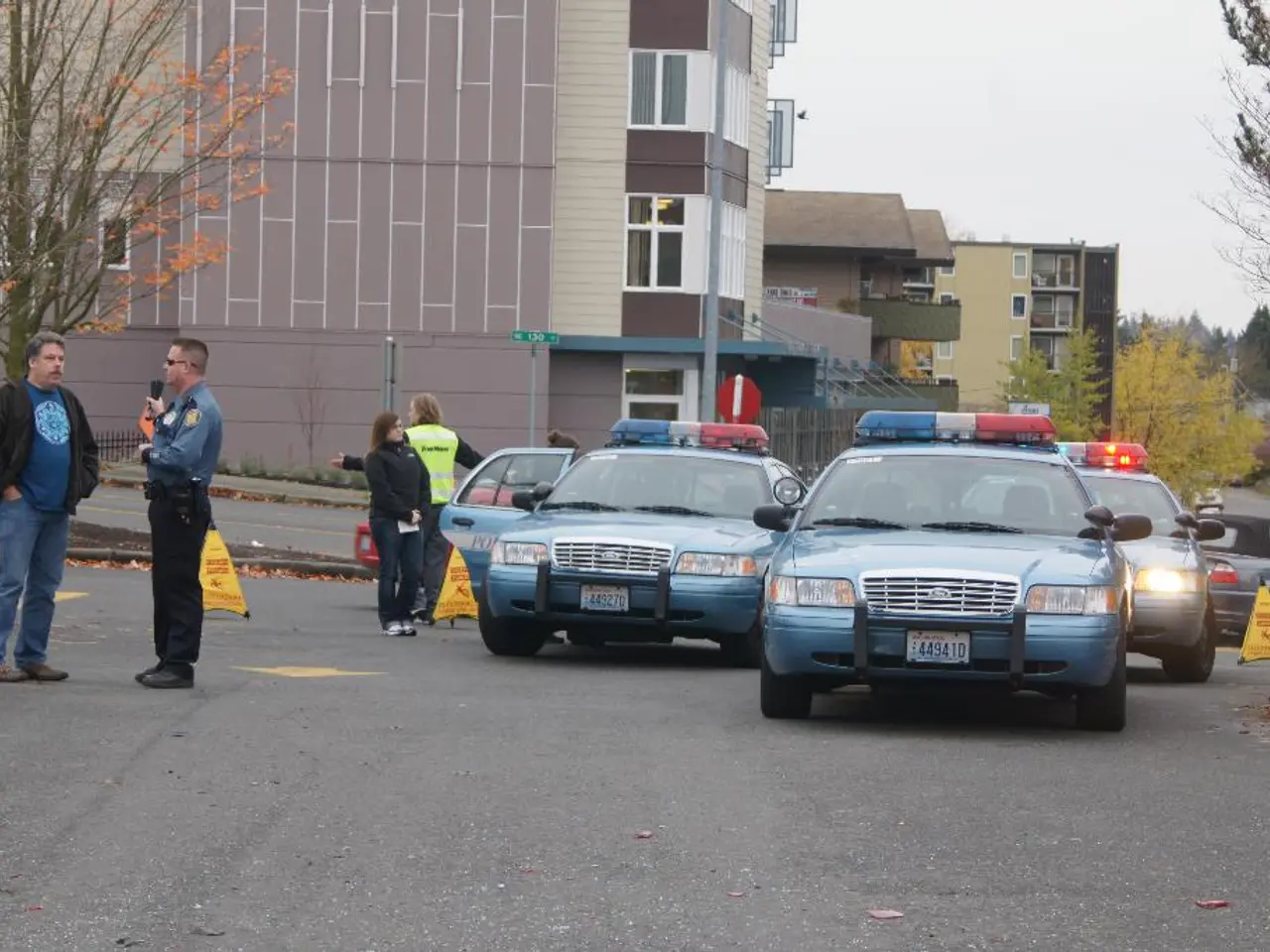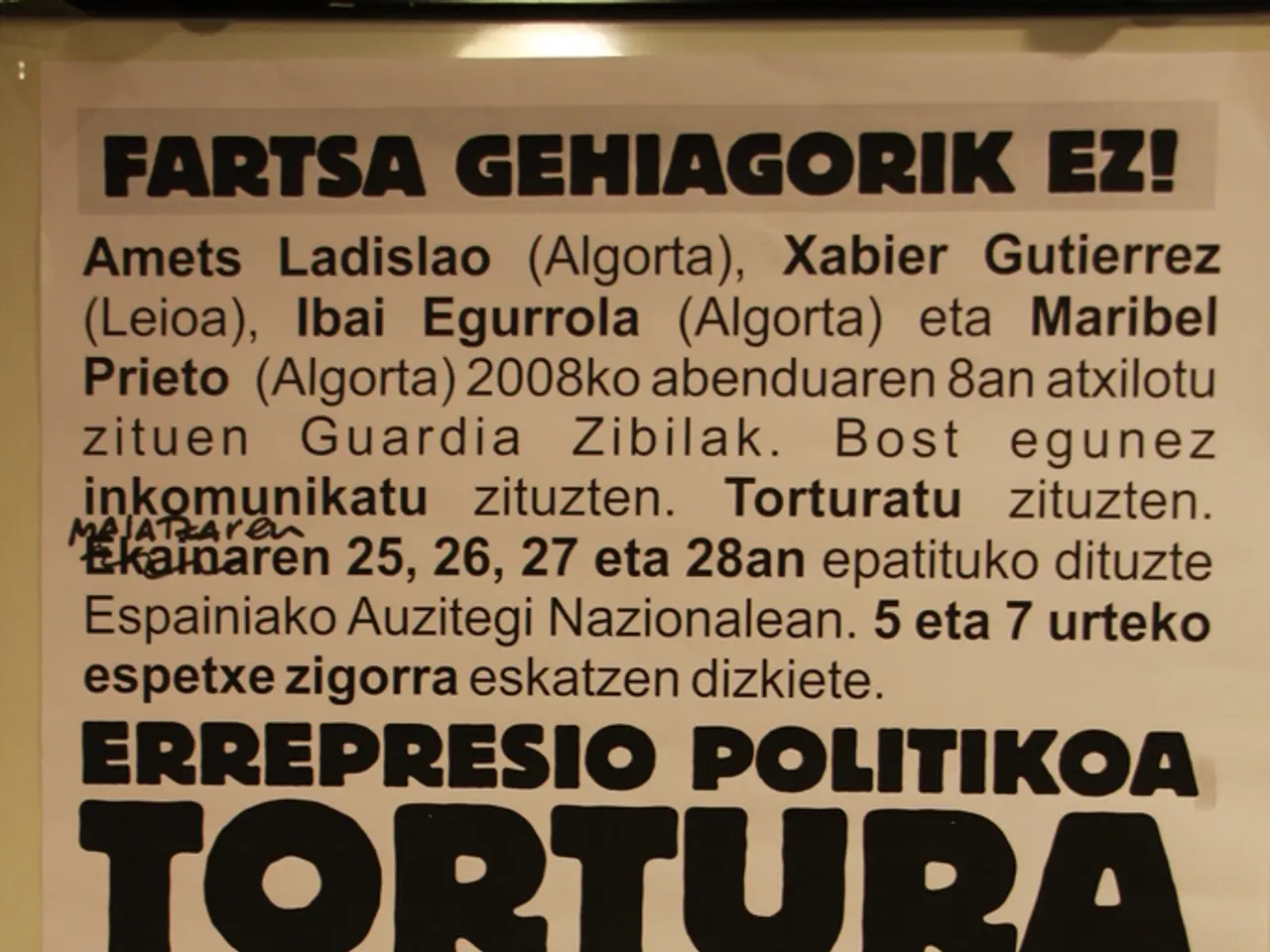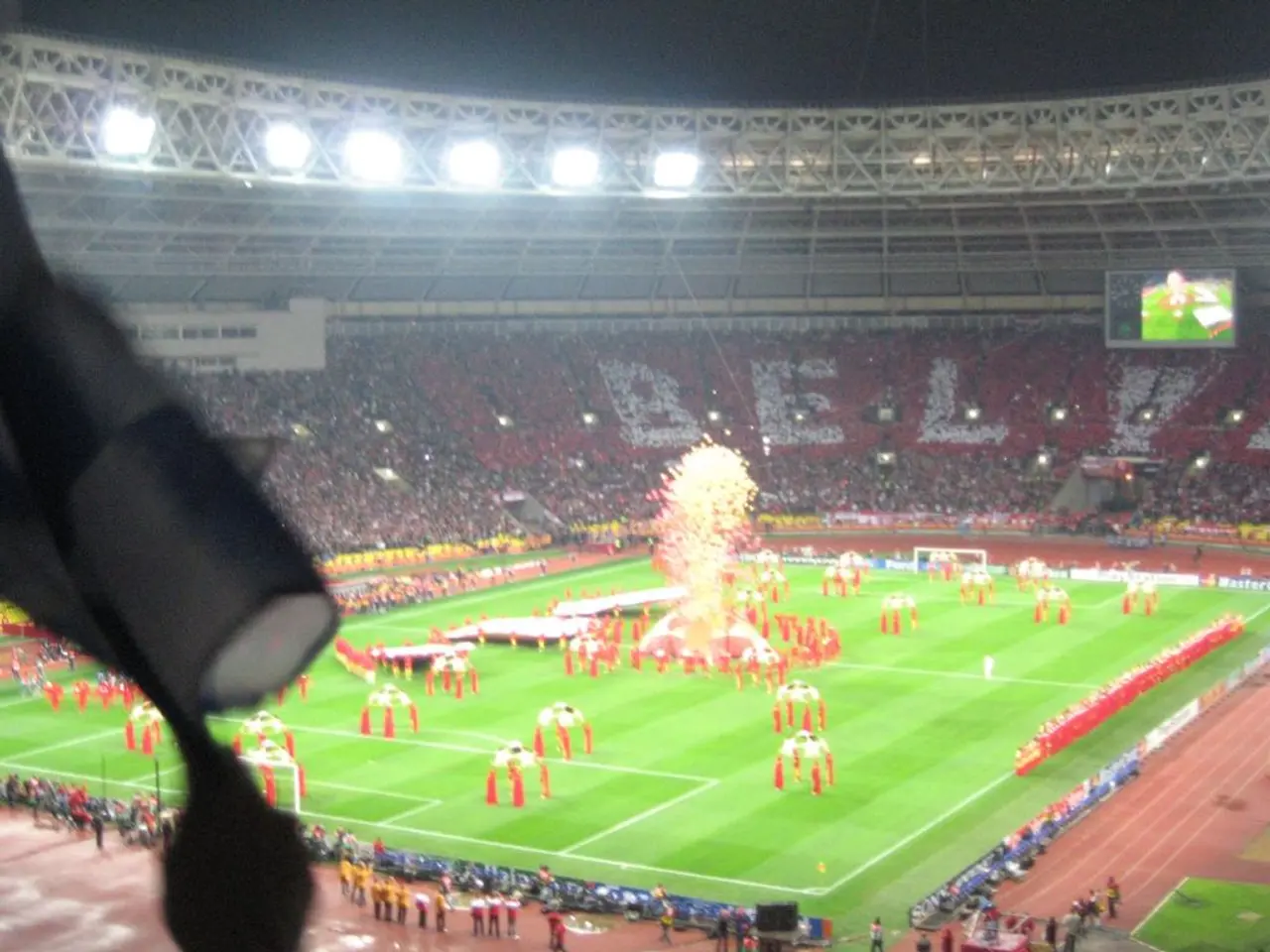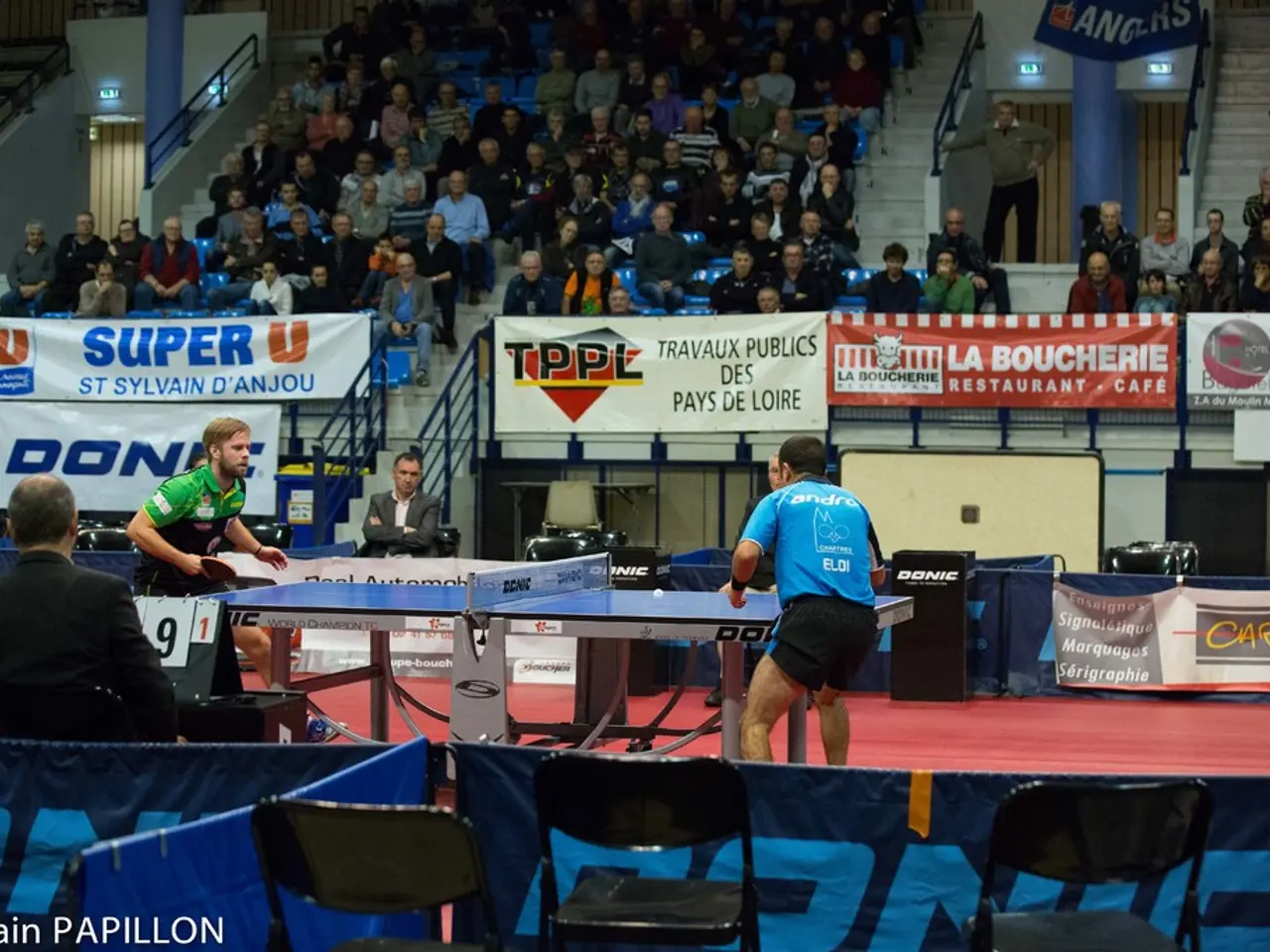CDU Politician Conferencing with AfD Union Remotely
CDU Politician Attends Right-Wing Festival in Hungary, Stirs Controversy
Saskia Ludwig, a member of the Christian Democratic Union (CDU) in the German Bundestag, attended a conservative festival in Hungary hosted by the Mathias-Corvinus-Collegium (MCC), a think tank linked to Hungarian Prime Minister Viktor Orbán's government. The event also featured Alice Weidel, co-chair of the far-right Alternative for Germany (AfD), sparking public and party criticism due to the CDU's strict policy of excluding cooperation with the AfD [1][2][5].
Ludwig defended her attendance, citing freedom of speech, and claimed the meeting was merely an exchange of democratic opinions. However, the CDU swiftly distanced itself from Ludwig's actions, reiterating its formal rejection of any collaboration with the AfD, as confirmed by CDU leader and German Chancellor, Friedrich Merz [1][2][5].
The AfD, under Weidel's leadership, has been classified as a "proven far-right extremist entity" by Germany's Federal Office for the Protection of the Constitution due to its xenophobic positions. The party's far-right label and public rejection have significant implications for German politics, as mainstream parties strive to isolate extremist influence [2][4].
The MCC festival has been criticized for promoting far-right ideas, such as denying the urgency of climate change and advocating nationalist agendas. The presence of influential far-right figures at this event, including Weidel and Ludwig, highlights an increasing transnational network of right-wing actors in European politics, complicating traditional party lines in Germany [2][3][5].
Implications for German politics:
- The CDU's official stance remains to exclude collaboration with the AfD explicitly, reinforcing a political firewall against far-right extremism domestically.
- Ludwig’s association with the MCC festival and brief Weidel contact stirred intra-party controversy and public debate about CDU boundaries and vigilance against far-right normalization.
- The event underscores ongoing tensions in German and broader European politics between mainstream conservative parties and the rising far-right movement, exemplified by Hungary’s Orbán regime’s linkage with ideological allies.
- Chancellor Merz's warning about expulsion for members breaching the AfD cooperation ban shows the CDU’s resolve to maintain distance, but Ludwig’s actions reveal challenges in fully enforcing this in practice [1][4].
In addition, Gregory Gosciniak, head of the Young Socialists of the CDU Brandenburg, stated that Ludwig had "finally forfeited her right to representation." Previously, in 2017, Ludwig gave a joint interview with the former AfD state leader and federal vice president, Alexander Gauland, in "Die Junge Freiheit" [6].
This episode underscores the complex nexus of right-wing think tanks, transnational ultraconservative networks, and domestic party boundaries in contemporary German politics. The CDU's commitment to excluding the AfD, despite some personal-level contacts by members, remains a significant aspect of the party's stance on far-right extremism.
- The controversy surrounding Saskia Ludwig's attendance at the MCC festival, a right-wing event that also featured Alice Weidel of the AfD, highlights the tension between the CDU's policy of excluding cooperation with the AfD and the personal-level contacts seen among some party members.
- The implications of German politics extend beyond the CDU's formal rejection of the AfD, as incidents like Saskia Ludwig's association with the MCC festival and Alice Weidel underscore the increasing transnational network of right-wing actors in European politics, challenging traditional party lines.
